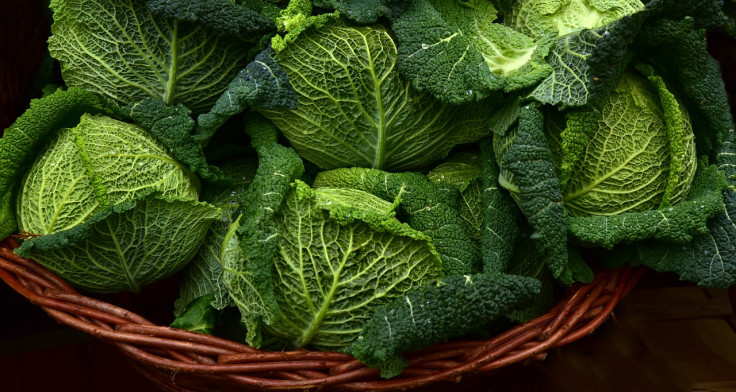To improve heart health, go for red wine and leafy greens, says new research
A diet that contains high amounts of red and processed meat, sugary beverages, and refined grains, has been associated with increased levels of inflammation.
Taking care of the heart must not only come about during old age. While young, one must be mindful of food intake as there are foods that could create a negative impact on the heart. In the same manner, that there are also foods that could benefit the heart in the long run. Recent research showed that if one wants to ensure that the heart has a lower risk for long-term heart disease, one must include leafy greens and red wine in their diet intake.
A study published in the journal of the American College of Cardiology, titled "Dietary Inflammatory Potential and Risk of Cardiovascular Disease Among Men and Women in the U.S.," revealed that inflammation plays a huge role in the development of cardiovascular disease. A diet that contains high amounts of red and processed meat, sugary beverages, and refined grains, has been associated with increased levels of inflammation in the body. With this increase also comes a higher risk of suffering from a stroke or heart attack, as compared to when one is going for a diet that is composed of anti-inflammatory foods.
Researchers utilised data from the Nurses' Health Studies I and II starting from the year 1986. The study included about 32 years of follow up. The researchers excluded those who did not provide data on their diets, as well as those who previously had a stroke, cancer, or heart disease. The final number of participants that were analysed was more than 210,000. Every four years they are asked to complete a survey that would give researchers a bird's eye view of their dietary intake.
Dr Jun Li, lead author of the study and a Harvard T.H. Chan School of Public Health, said that they have found that dietary patterns that have a higher inflammatory potential have been associated with a higher risk of cardiovascular disease. The researchers used an empirically-developed food-based dietary index in evaluating inflammation levels that are associated with dietary intake.
Controlling other risk factors like family history of heart disease, physical activity, and body mass index, the researchers found that those who had proinflammatory diets (foods that lead to inflammation) had a 46 percent higher risk of heart disease. For stroke, they showed a 28 percent higher risk.
The researchers suggested consuming more anti-inflammatory foods to lower this risk. These include green leafy vegetables like spinach, kale, and cabbage. Yellow vegetables like beans, pumpkin, and carrots are also great. In addition, coffee, tea, whole grains, and wine can be beneficial for the heart as well.
Aside from consuming the abovementioned anti-inflammatory foods, the researchers also suggested limiting the intake of foods categorised as "proinflammatory." These would include grains, refined sugars, sodas, and fried foods. Processed organs and red meat are to be restricted too.
© Copyright IBTimes 2025. All rights reserved.






















